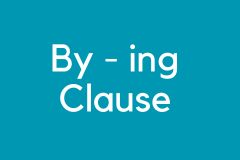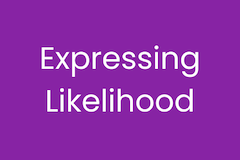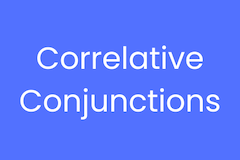Passive Modals of Obligation
Listen to four conversations using the grammar point.
Answer the following questions about the interview.
Passive Modals of Obligation
Point 1: Modals can take the passive tense. The object becomes the main focus because the subject is not important.
- The reports need to be edited.
- We need to edit the reports.
- These packages must be delivered today.
- We need to deliver the packages today.
- The employees need to be notified.
- We need to notify the employees.
- The staff needs to be paid.
- We need to pay the staff.
Point 2: The passive infinitive uses the following pattern: modal + to + be + past participle
- The software needs to be updated.
- The chairs need to be brought in from outside.
- The dogs need to be fed.
- The dishes need to be put away.
Point 3: The particle ‘to’ is usually heavily reduced in spoken English.
- The lawn needs to be cut.
- The report needs to be printed.
- The data needs to be analyzed.
- The forms need to be collected.
Point 4: The subject and the modal must use subject-verb agreement. The verb ‘be’ does not change form.
- The staff needs to be paid.
The workers need to be paid. - The dog needs to be fed.
The dogs need to be fed. - This has to be done today.
These have to be sent today.
Point 5: Modals of obligation can be in the form of questions and negative statements.
- What cups need to be washed?
The red ones. The blue ones don't need to be washed. - Do these packages need to be sent?
No, they don’t need to be sent. - Does the staff need to be paid?
No, they don’t need to be paid.
Point 6: The modals of likelihood will, may, and might can precede the modals of obligation need to and have to.
- Those may need to be wiped first.
- The tires might need to be inflated.
- The fruit might need to be washed first.
- She will need to be picked up at the airport.










